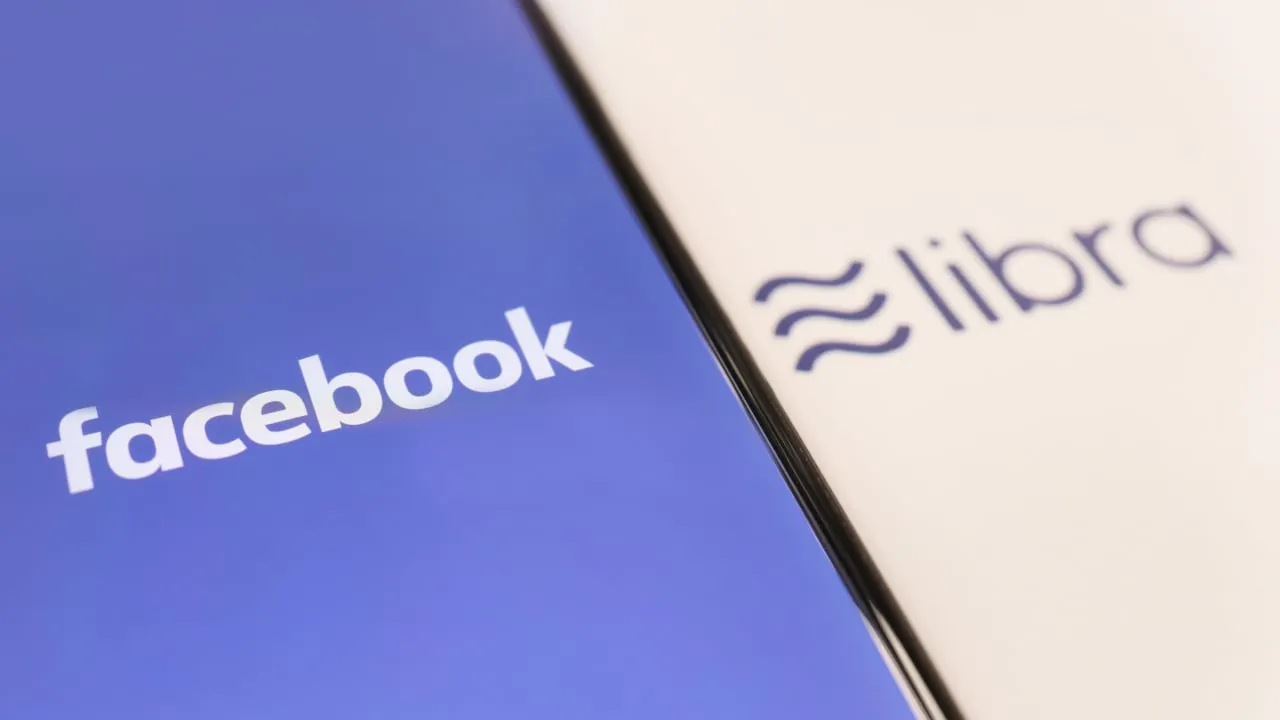It wouldn’t be a stretch to say that the biggest crypto-related announcement this year came from outside its ecosystem. Facebook’s announcement of Libra, a global cryptocurrency and blockchain for commerce on its network, pushed cryptocurrencies from outlier status to the subject of heated international debates among economists and governments.
Because the project was launched by Facebook—an outfit with a history of skirting regulation and jumping the gun on privacy-related matters, it was also subject to a fusillade of criticism and regulatory warnings about the dangers of mixing payment and social data.
Almost six months and three congressional and senate testimonies later, the dust is yet to settle. Meanwhile, Libra itself has undergone changes. Potential board members for its governing association have exited the platform. The company’s initial aggression has been replaced with caution. “…Our views [about Libra] have clarified,” said Facebook CEO Mark Zuckerberg during his congressional hearing. That clarification might mean a move away from Libra, the cryptocurrency, towards Libra, the blockchain.
Libra isn't Facebook’s first payment foray
When it was first announced in June, Libra was marketed as Facebook’s attempt to “bank the unbanked” by enabling money transfers using mobile phones. That gloss of a sanctimonious mission statement, however, cloaks the business possibilities for the social media company in the payments industry.
Research firm Mordor Intelligence estimates that the global digital market for payments will reach $7.6 trillion by 2024, representing an average growth percentage of 13.7% per year. To get an idea of how those numbers translate to revenue, consider the case of Venmo. PayPal’s peer-to-peer (P2P) payments service reported revenues of $4.38 billion by processing more than $27 billion in payments during its third quarter this past year.
Facebook has experimented with a variety of methods to enable payments on its platform. Its most high-profile venture to date has been to incorporate payments into Facebook Messenger. The service was launched in 2015 and is currently available to users in the US. (It was discontinued in the UK and France earlier this year).
Facebook-owned WhatsApp, which is also the world’s biggest messaging app by user numbers, has already rolled out a solution that enables payments through mobile phones in India. (Incidentally, the country has one of the world’s biggest unbanked populations). The tests received a go-ahead from the Indian government even as the possibility of a Libra launch there seem dim.
“Thinking about it [Facebook’s payment industry initiatives] as a portfolio of bets, WhatsApp Pay is a low-risk medium-reward play since it is based on playing within existing rules with the current user base and is a relatively safe bet,” stated Hassan Ahmed, managing director at trading platform eToro, in an interview with Decrypt.
Just last month, Facebook expanded the web of its payment services by launching Facebook Pay, a service that enables secure money transfer across multiple products in Facebook’s suite, including Facebook Messenger, Instagram, and WhatsApp.
Libra's past and present
At first glance, the Libra initiative seems to be an effort to mop up revenues by providing payment services in emerging economies and to carve a niche in the burgeoning but expensive market for international money transfers. As technology shortens geographical barriers, remittances, or money sent home by foreign workers, are expected to become the largest source of external financing in developing countries, according to the World Bank.
But high costs and existing regulation are stumbling blocks for this growth. Facebook’s geographical reach coupled with its tech creds makes it an ideal candidate to tackle this problem.
Michael Poutre, managing partner at Terraform Capital, told Decrypt that future profits in the payments industry lie in international transfers. He provided two possible ways in which Facebook could implement such a system. The first method involves the use of a system like the Fed’s wires. In this method, funds are sent to destination countries using counterparties that use local pipes, such as domestic banks and money transmitters, to make final transfers.
The second method is similar to the model employed by payment companies like Western Union. The process involves setting up local subsidiaries of parent organizations to accomplish the transfer. The catch here is that liability for the entire transaction rests with the payment company. This is unlike the Fed wire method, where each company is responsible for only part of the transaction.
According to Poutre, the Western Union system for international transfers seems to be more aligned with the values of the crypto-faithful. “…[I]t involves less reporting to governments, more control over customer information and they [payment services] can charge fees where they want and in the amount they want,” he said.
The problem is that cryptocurrencies may not be necessary for this business model. Earlier this year, Western Union revealed that money transfers were five times more expensive using Ripple as compared to using its own network. The financial services company also stated in a blog post that cryptocurrencies still need to master governance, compliance, and volatility.
Besides, as the regulatory blowback to Libra has demonstrated, scale does not guarantee success.
“Crafting payment services on a communications platform isn’t a surefire path to success as Google discovered,” said Ahmed, referring to the tech behemoth’s previous attempts, Google Pay and Google Wallet, that were shuttered.
Calibra may be the future for Libra
Calibra, Facebook’s wallet for Libra, is a potential solution to Facebook’s dilemma. The wallet extends the peer-to-peer concept across borders by enabling users to transfer currencies, digital or fiat equivalents, to disparate parts of the world. It also minimizes the regulatory risk inherent in introducing a new coin that, its critics say, could threaten the economic sovereignty of countries.
To that extent, the future of Libra, the cryptocurrency, may be cloudy. According to a Fortune report published today, Facebook has already had “quiet talks” about joining Centre, a consortium for stablecoins. It is not difficult to imagine a future where Calibra wallet transfers occur through the use of stablecoins that are issued by governments or approved third parties, rather than Facebook’s own coin.
Shearing away the coin from its blockchain will also enable Facebook to promote Move, its programming language for the blockchain, for third-party developers. The business implications of third-party developers taking to Libra, the blockchain, are enormous.
Fortune quotes an analyst as saying that the introduction of Libra “could be viewed similar to Apple’s introduction of iOS to developers a decade ago.” (For context, Apple reported quarterly revenue of $12.5 billion from its services division in its latest results.)
“If I had to do it all over again, I would probably more focus on what this thing really is, which is a new payment system,” David Marcus, Calibra co-founder, told Fortune.
Which might be another way of signaling that Libra, the coin, may not really be the key to understanding Facebook’s blockchain project.

